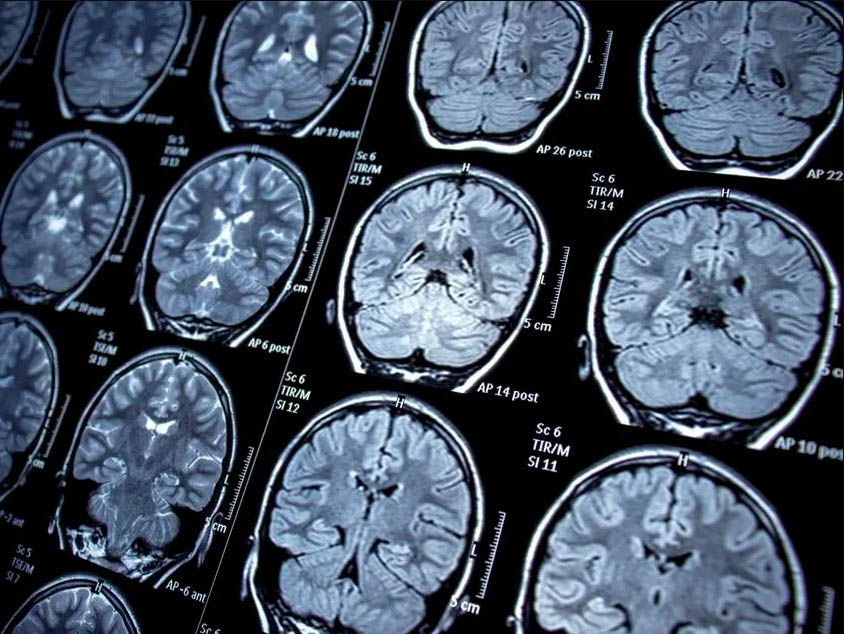In the realm of neuroradiology and neurology, a groundbreaking shift has emerged with the introduction of new CPT codes, 0865T and 0866T, by icometrix. These codes herald a transformative era, providing a novel reimbursement pathway that is reshaping the landscape of healthcare. But behind this milestone lies a journey marked by diligence, innovation, and collaboration.
The significance of these CPT codes extends beyond mere billing; they represent access to clinically meaningful and quantified brain MRI information that directly influences diagnostic and therapeutic decisions for individual patients. Moreover, they offer a sustainable business model that facilitates widespread adoption and access within healthcare systems.
However, navigating the complex healthcare ecosystem isn’t straightforward. Despite possessing cutting-edge AI technology and addressing a critical clinical need, achieving standard-of-care status requires more than just a great solution. It demands rigorous validation through scientific studies, particularly in health economics, to demonstrate efficacy and impact. This validation process, albeit time-consuming and resource-intensive, is essential for establishing a sustainable business model.
In a seminal paper by Van Leeuwen et al., it was revealed that a significant portion of AI solutions lacked peer-reviewed evidence and demonstrated limited clinical impact. This underscores the crucial role of validation in the journey of AI solutions towards becoming standard practice. For icometrix, validation has been ingrained in its DNA since its inception as an academic spin-off from the Universities and University Hospitals of Antwerp and Leuven.
“Artificial intelligence in radiology is still in its infancy even though already 100 CE-marked AI products are commercially available.
• Only 36 out of 100 products have peer-reviewed evidence of which most studies demonstrate lower levels of efficacy.
• There is a wide variety in deployment strategies, pricing models, and CE marking class of AI products for radiology.”
From the outset, icometrix has pursued a meticulous validation strategy, collaborating with academic groups and researchers globally while allowing independent validation of its icobrain solutions. This commitment to scientific rigor was underscored by Mendelsohn et al., highlighting icobrain as a frontrunner in peer-reviewed publications within the field of multiple sclerosis (MS).
The journey towards securing the new CPT codes began almost a decade ago, with the formulation of icometrix’s reimbursement strategy and the initiation of clinical and health economic studies in 2015. A pivotal moment occurred in 2017 when icometrix presented the first health-economic model results at the Radiological Society of North America (RSNA) annual meeting, showcasing the clinical and economic benefits of icobrain.
Subsequent peer-reviewed evidence further solidified icobrain’s value proposition, demonstrating its cost-saving potential in MS care pathways. Beyond MS, icobrain’s impact was evidenced in various neurodegenerative disorders, including Alzheimer’s disease and frontotemporal dementia, underscoring its versatility and clinical utility.
The culmination of this journey came with the successful defense of the reimbursement code in front of esteemed panels from the American Medical Association (AMA), the American College of Radiology (ACR), and other medical societies in May 2023. This led to the issuance of the new CPT III codes in July 2023, paving the way for their integration into healthcare systems.
Since their activation on January 1, 2024, hospitals across the US have swiftly implemented these new codes into their workflows, signalling a paradigm shift in neuroradiology practices. The journey towards these new CPT codes epitomizes innovation, collaboration, and a steadfast commitment to improving patient care.
In conclusion, the approval and implementation of these new CPT codes represent more than just a triumph for icometrix; they signify a significant stride towards universalizing cutting-edge diagnostics and treatment monitoring in patient care. As we look ahead, the integration of AI-driven technologies like icobrain promises to revolutionize neuroradiology, placing patient welfare at the forefront of innovation.
